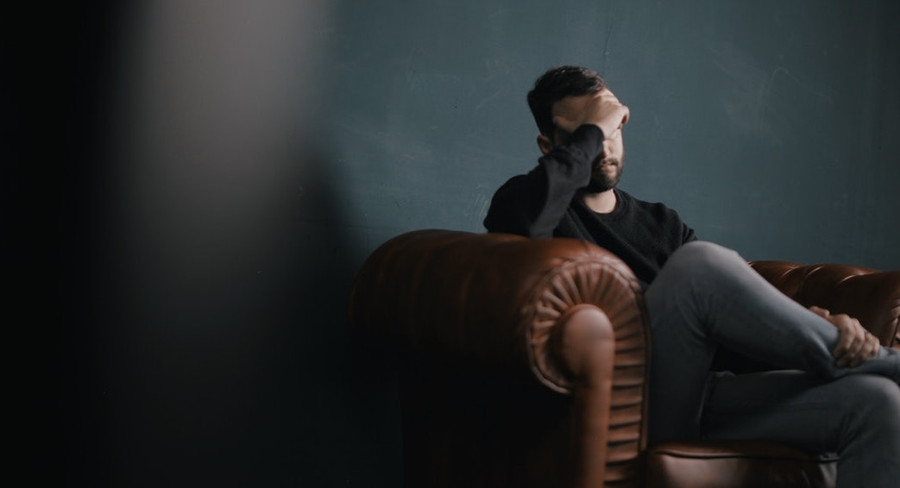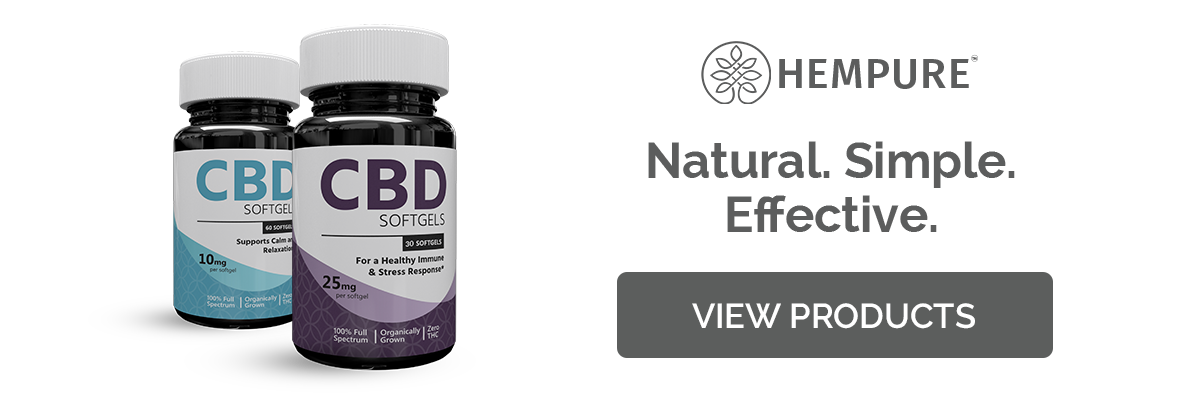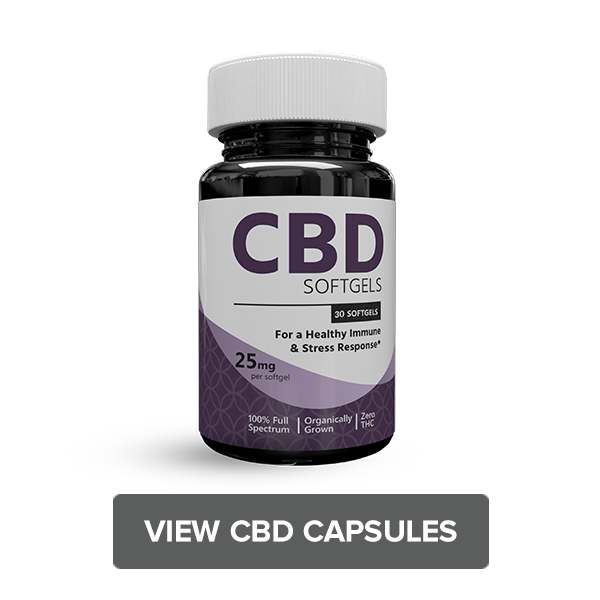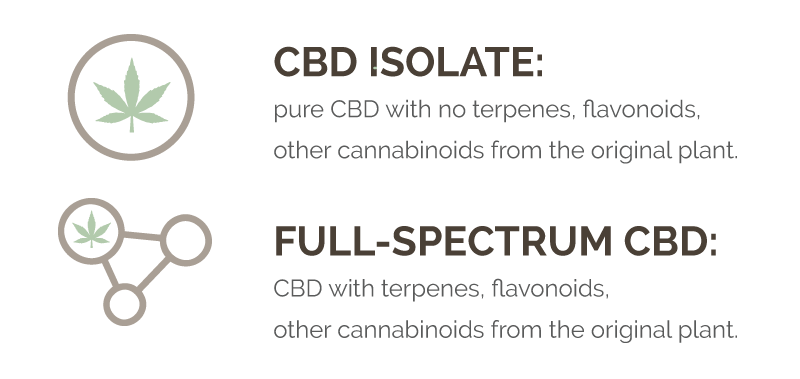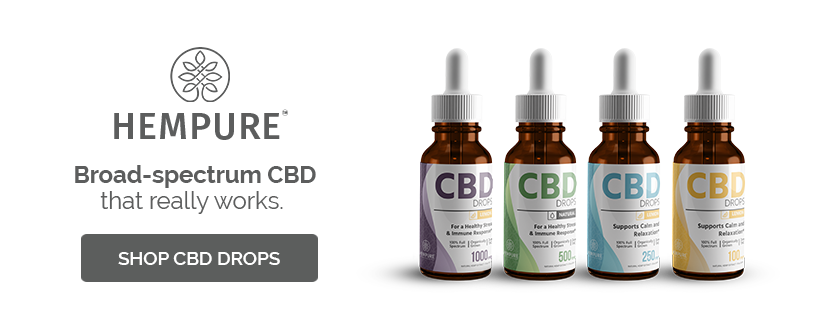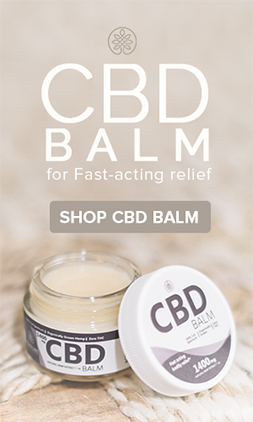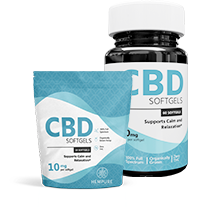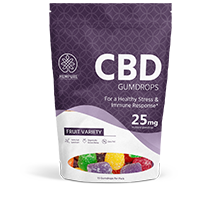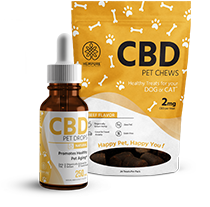Why CBD Didn’t Work for Me
Sabina King on Jul 29th 2019
With CBD rising in popularity, it’s almost impossible not to have heard of it. Consumer Reports has found that about 65 million Americans have tried CBD in some form. While a 63% majority say that they found it effective, one might wonder why the remaining 37% didn’t get the same results. The fact that CBD didn’t work for some people may lead them or others around them to believe that CBD is, in fact, just the latest fad. This couldn’t be further from the truth. There are several reasons why CBD may not work for you, and some of them may be actual cause for concern.
CBD Didn’t Work for Me: Here’s Why
1. The CBD product was mislabelled
One of the main problems with CBD is that it is currently unregulated by the FDA. This starts off a chain reaction of events. A lack of regulation means companies are free to manufacture CBD however they choose and print anything they want on the label. Customers who pick up some CBD on a whim after coming across it in a store may not be buying a quality product because unfortunately, CBD is not something one should purchase without sufficient research on the brand. When the product turns out to be ineffective, it paints CBD in a bad light.
The lack of regulation means the onus falls on the consumer to check out the brand before making a purchase, specifically checking whether the company lab tests their products or not. A company that readily provides lab test results on their website has nothing to hide. A glimpse at the results can confirm how much CBD is in the product and whether it matches the label. More importantly, the tests should be conducted by a third-party lab, and not an in-house one.
One can’t overestimate the value of this step. Every year, the FDA sends out new warning letters to certain CBD manufacturers. Why? Either their products claimed to do things that aren’t clinically verified, or they didn’t contain the amount of CBD specified in the bottle (some didn’t contain any CBD at all!), or they contained toxins, heavy metals or other contaminants. The downside to mislabelling is clearly more serious than just getting no results from your CBD trial – it can be genuinely harmful.
2. The product was hemp oil - not CBD 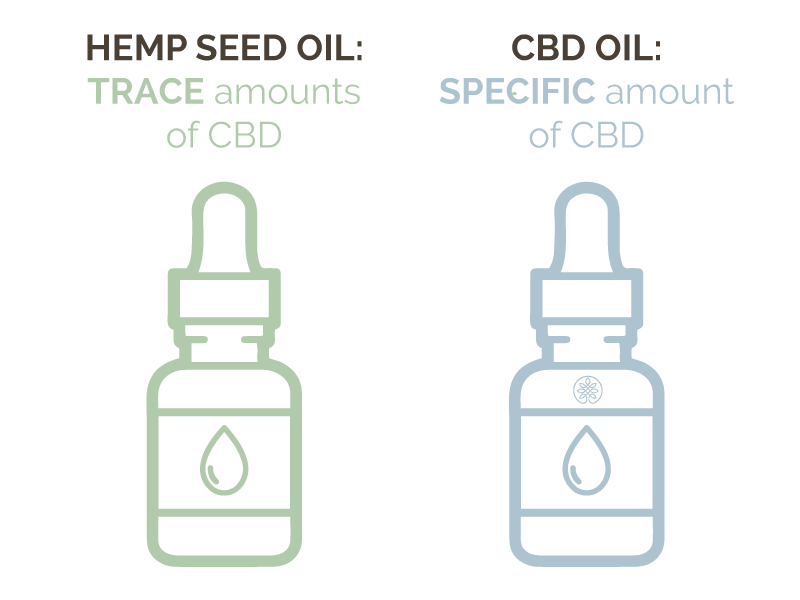
Another point of confusion with a lot of new CBD users is whether CBD and hemp are the same thing. The answer: no, they’re not. It’s true that CBD is extracted from hemp. It’s also true that if you were to purchase a ‘hemp seed oil’ off of Amazon, it could contain trace amounts of CBD. But that’s all! If you want to see the benefits of CBD oil, hemp oil or hemp seed oil isn’t going to cut it. The fact that several state governments still come down hard on CBD companies has also led some to label their products as ‘hemp CBD oil’ which only leads to more confusion. Look for something that has a clear label specifying exactly how much CBD is in the product so you know what you’re getting – and always check for third-party lab tests to confirm.
3. The CBD wasn’t taken the right way.
There are so many ways to take CBD, and experimenting with them can be an exciting experience for a beginner. However, for those looking for therapeutic relief, there are some methods of administration that work better than others. For instance, CBD drops mixed into food and drink have a pretty low rate of bioavailability (the amount of the substance that enters your bloodstream). If you’re taking CBD drops for therapeutic benefit, take them sublingually: i.e., place a few drops under the tongue and hold for about 60-90 seconds before swallowing. This increases the amount of CBD that gets absorbed by your system for better results.
4. The CBD dosage wasn’t right
Improper dosing is one of the main reasons CBD isn’t effective. This problem is pretty unique to CBD because the compound affects everyone’s system differently. If you establish a CBD dose on the advice of someone else who tried it, it may not work – there is no universal dosage for CBD. How it affects you depends on your age, weight, lifestyle, and most importantly – the endocannabinoid system. CBD acts on the endocannabinoid system or ECS, a system that is very unique to one’s body.
One of the most common errors you can make when starting with CBD is to go for a strongest CBD to get results. This ends up flooding your system with CBD and desensitizing it. It’s important to start with a low dose and work your way up till you see results. Your dosage will also vary based on the CBD product you use: one drop of 100mg CBD oil will affect you differently from a puff of 100mg CBD vape because they both have different rates of bioavailability. Of course, it’s a process that requires patience, which brings us to our next point.
5. You didn’t take CBD long enough
The way CBD works – as we mentioned earlier – is unique to everyone. Unlike pharmaceuticals like Advil, it probably won’t start working as soon as you take it. Some people believe that CBD started working for them immediately, while others say it took them weeks. You have to give your system enough time to start processing CBD and producing results. If you took CBD for a week or two and gave up, you might want to try it again, for longer this time. Don’t be dismayed if someone you know had immediate results – everyone’s body is different. Also keep in mind that CBD’s most long-term benefits, such as its calming properties, don’t kick in immediately. Inflammation is not a process that can be slowed down in a day. Try taking CBD for at least 4-6 weeks to see results, and remember to be patient.
6. You purchased CBD isolate, not broad spectrum.
CBD is a powerful compound, but it happens to be one of over 100 in the hemp plant. Research is still ongoing to find the benefits of other cannabinoids in the plant. Studies suggest that when these plant compounds are taken together, they work in synergy to increase the bioavailability of CBD. Researchers call this the ‘entourage effect’.
While shopping for CBD, you’ll probably come across the words ‘isolate’ and ‘broad-spectrum’ or ‘full-spectrum’ quite often. Here’s what they mean:
CBD isolate is pure CBD with no other plant compounds.
Full-spectrum CBD is CBD with all the hemp plant compunds. Broad-spectrum CBD typically refers to full-spectrum CBD without the psychoactive THC.
Manufacturers tend to suggest that CBD isolate is pure, potent and therefore the most effective, but this is not necessarily true. Trying a holistic blend of plant compounds may give you far better results!
A word of caution: full spectrum CBD could also include THC, the psychoactive compound in cannabis, so if you’re looking to avoid that, make sure to check for a THC-free label.
7. CBD is ineffective for your genetic makeup
CBD works with the endocannabinoid system, a system of chemicals called endocannabinoids and their receptors. Those born with more endocannabinoids than others may find that CBD doesn’t have any effect on them. About 20% of Americans have a genetic mutation that creates elevated endocannabinoid levels. This can actually mean good things: fewer chances of developing mood disorders, for example. But on the other hand, there’s a good chance a CBD product will have no effect on a person with this mutation. You could use a gene testing service if you’re interested in finding out how your body reacts to cannabinoids.
8. Biological and lifestyle factors affected your CBD sensitivity
Besides one’s genetic makeup, there are other physical factors that affect how CBD works on you. For instance, women can be more sensitive to cannabinoids, making CBD more effective for them. CBD can also affect a woman differently at different points in her menstrual cycle. Lifestyle factors could impact how much CBD you absorb: those with higher levels of EFAs (essential fatty acids) might find better results with CBD since CBD works closely with fats.
9. Unrealistic Expectations
Perhaps one of the most important reasons why CBD doesn’t seem to work for some people is a psychological one. CBD can often be portrayed in the media as magical, but in reality, working with CBD requires paying attention to yourself, maintaining regular doses, and having patience. Someone trying CBD expecting it to produce dramatic results from the outset might be setting themselves up for disappointment. While the differences CBD produces in the long term might indeed be dramatic compared to when you started, that isn’t quite as glamorous as an immediate quick-fix. Try out CBD with an open mind and patience – it’ll be worth it.
Whether or not you decide to incorporate CBD into your life is a personal choice. At the same time, it's only reasonable to give any wellness product a chance to work before dismissing it. CBD isn't different - if it takes a few weeks of taking vitamins to correct a deficiency, it would take just as long for CBD to begin affecting your endocannabinoid system. Most importantly, no one else's CBD experience needs to match your own. Find out the unique ways in which CBD works for you and reap those benefits!








